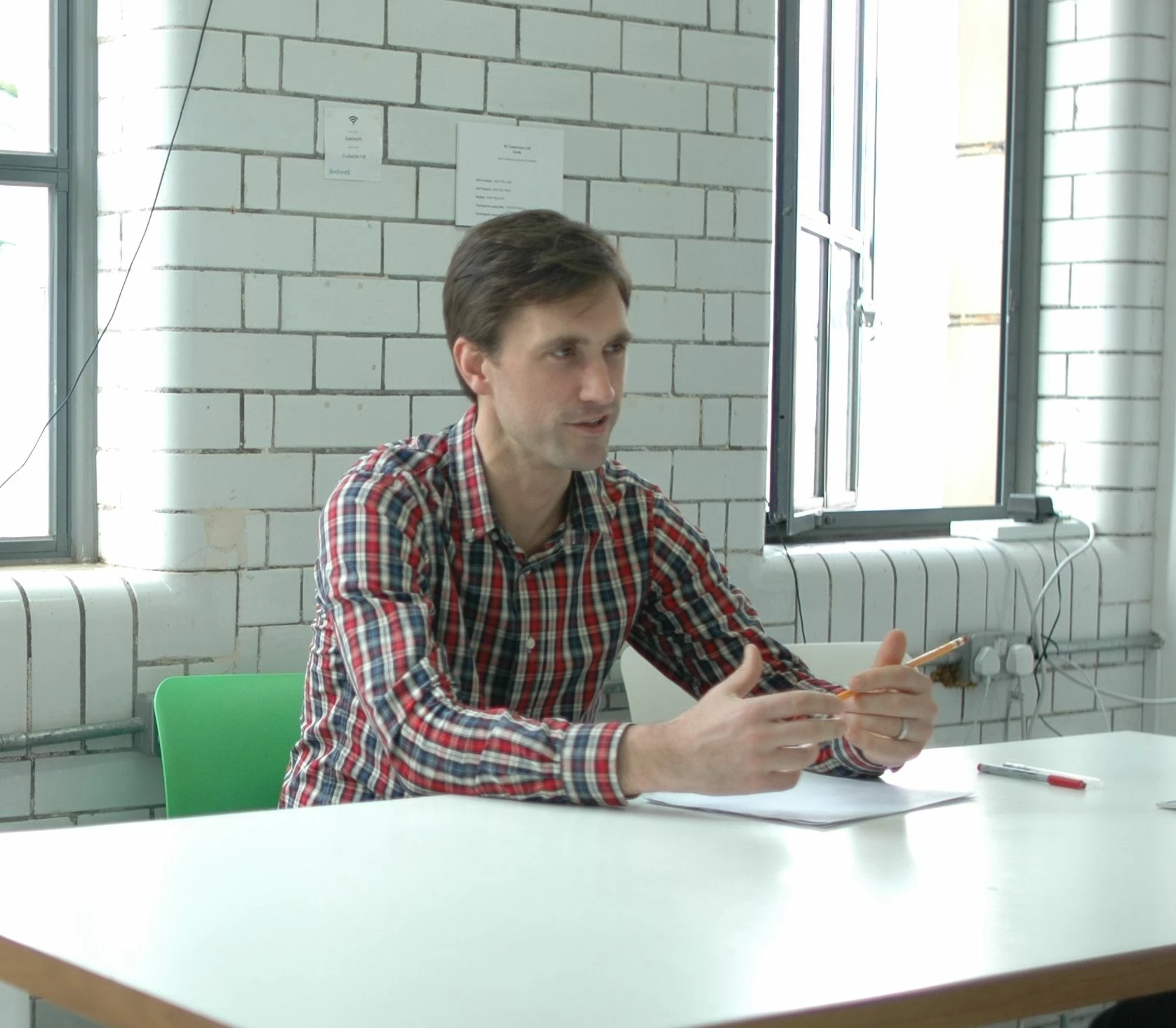
Partner Article
To improve customer experience we have to tackle the organisational challenge
Day-to-day practice: the fundamental organisational challenge
It’s easy to imagine that, having gained an understanding of customers’ experiences, making changes that can improve them will be simple. However, there are often real, if not good, reasons for things being as they are and these reasons lie in the organisation. To tackle customer experience we have to tackle the organisational challenge.
Improve customer experience by looking at day-to-day practices
A business that wants to improve customer experience must engage customers in new, improved ways. For this to happen, things must change internally. The natural instinct of most businesses is to consider changing the people who deliver the service or changing the systems and processes that structure the customer engagement. This is valid but can be difficult. Often organisations overlook another area of business: day-to-day practices.
Direct staff to respond to specific customer needs
Many organisations with significant numbers of customer facing staff see them as their major cause of customer irritation. Many businesses undertake what is often described as a lengthy ‘journey’ with staff to engage them with the concept of customer-centricity and train them in service skills. These skills are not invalid, but without a connection to the specific needs of customers and what new practices are desired of staff they can fail to have the required impact.
Changing customer processes doesn’t happen without a fight
Customer focused individuals in business often rail against business processes that put the customer second and hinder business. Take a sales process that in aiming to capture prospects actually scares customers off by asking them to fill in complex details before they even have a quote. Changing processes involves changing the minds of the processes owners. Sometimes it’s better to demonstrate the art of the possible rather than initiate a head-on fight to overhaul the organisation completely.
Systems should follow customer needs, not internal demands
Systems employed by an organisation to support business are often a major cause of customer experience issues. These same systems are also a barrier to improvement, as change is complex, expensive and sometimes out of bounds altogether. It can seem that without system change that customer experience progress is impossible. However, there are many smaller, quicker and more do-able options available.
Day-to-day practices can have quick, valuable and demonstrable impact
We find is that there is a lot of value in looking to the area that is often ignored but has the fewest barriers to change: practice. What we all do day-to-day in business can be dramatically improved by employing a better understanding of customers and translating this into how we do our work. Systematically focusing on practice across a business can sound like hard work but may actually be the best way to long-term change.
First steps to developing better practices
Teams and individuals who listen to and reflect on customer feedback will perform better. The simple practice of listening regularly and reviewing practices will mean the job is done better next time. This can lead to more significant changes such as provision of the right information to customers at the right time or helping them understand a contract to prevent later confusion. Business impact does not always have to be big.
Quick ’practice’ wins can prepare the ground for bigger battles
The organisational challenge that comes with customer experience ambitions can be overwhelming. We have learned that the big obvious targets are often the cause of failed programmes that fall into the ‘not now’, or ‘too hard’ categories. It’s important to take the business on a journey and start with quick but valuable wins. Make practices your first step and buy permission for the bigger challenges.
This was posted in Bdaily's Members' News section by Livework .








 When will our regional economy grow?
When will our regional economy grow?
 Creating a thriving North East construction sector
Creating a thriving North East construction sector
 Why investors are still backing the North East
Why investors are still backing the North East
 Time to stop risking Britain’s family businesses
Time to stop risking Britain’s family businesses
 A year of growth, collaboration and impact
A year of growth, collaboration and impact
 2000 reasons for North East business positivity
2000 reasons for North East business positivity
 How to make your growth strategy deliver in 2026
How to make your growth strategy deliver in 2026
 Powering a new wave of regional screen indies
Powering a new wave of regional screen indies
 A new year and a new outlook for property scene
A new year and a new outlook for property scene
 Zero per cent - but maximum brand exposure
Zero per cent - but maximum brand exposure
 We don’t talk about money stress enough
We don’t talk about money stress enough
 A year of resilience, growth and collaboration
A year of resilience, growth and collaboration